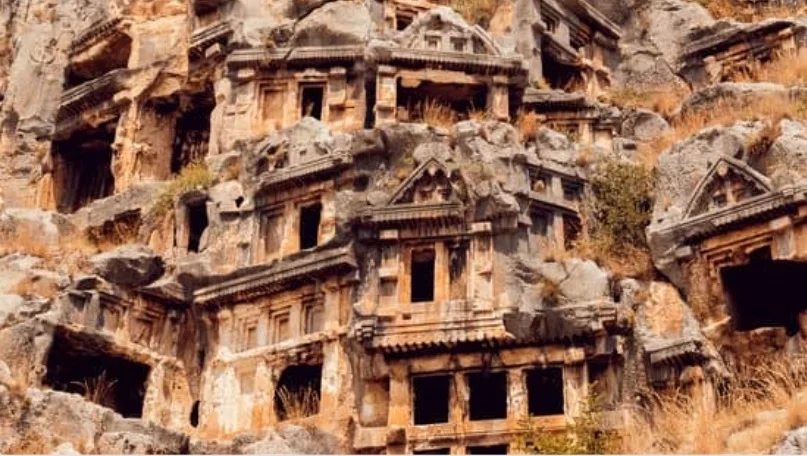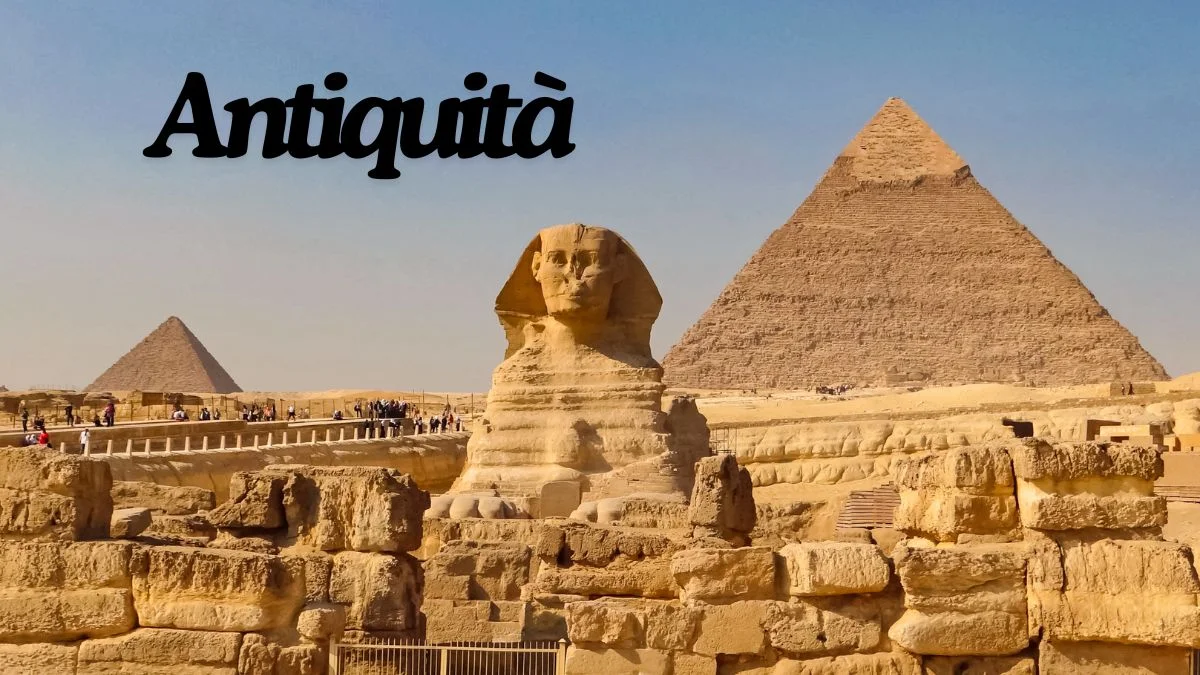The term “antiquità” resonates with a profound sense of history, evoking images of civilizations long past that laid the groundwork for our modern world. Rooted in the Latin word ‘antiquus’ meaning ‘old’ or ‘ancient,’ antiquità encompasses the rich cultural tapestries of ancient societies, particularly those of Classical Greece and Rome. Through the study of antiquities, historians and archaeologists unravel the intricate threads of human endeavor, understanding the cultural, political, and social dynamics that shaped these ancient worlds.
Historical Significance and Cultural Insights
Ancient artifacts such as coins, statues, vases, and inscriptions serve as invaluable windows into the past. These remnants provide tangible connections to the lives and achievements of past peoples, spanning millennia. Each artifact not only carries historical significance but also embodies the aesthetic beauty that has captivated observers across generations.
Foundations of Western Civilization: Antiquità
Greek antiquities form the cornerstone of Western art, philosophy, and political thought. The achievements of ancient Greek city-states in fields ranging from architecture to democracy continue to influence contemporary society. The Parthenon in Athens stands as a testament to the architectural prowess of ancient Greeks, while the works of philosophers like Plato and Aristotle remain foundational in Western philosophical discourse.
Etruscan contributions, predating the rise of Rome, played a pivotal role in shaping Roman culture. The Etruscans, known for their advanced metallurgy and distinctive art styles, influenced early Roman religious practices and urban planning. Their intricate tomb paintings and bronze sculptures offer glimpses into a sophisticated society that laid the groundwork for Rome’s expansion and cultural assimilation.
Roman antiquities, extending from the grandeur of the Colosseum to the practicality of Roman engineering, underscore the enduring legacy of Roman civilization. Roman art, characterized by realism and grandeur, reflected the empire’s expansive reach and cultural diversity. The preservation of Roman literature, including the epics of Virgil and the philosophical works of Cicero, continues to shape literary traditions worldwide.

Preserving and Studying Antiquities
The preservation and study of antiquities are crucial for understanding the evolution of human societies. Archaeological excavations uncover buried treasures that shed light on ancient customs, technologies, and belief systems. Institutions dedicated to the conservation and interpretation of antiquities ensure that these artifacts remain accessible for future generations.
Challenges and Ethical Considerations
The field of antiquities faces challenges related to looting, illicit trade, and the ethical implications of artifact ownership. Efforts to repatriate cultural heritage to its countries of origin highlight ongoing debates over ownership rights and the responsibilities of museums and collectors in safeguarding global cultural heritage.
Aesthetic and Cultural Appreciation
Beyond their historical significance, antiquities captivate through their aesthetic beauty. Greek sculptures exhibit a mastery of form and expression, capturing moments of myth and everyday life. Roman mosaics depict scenes of imperial grandeur and everyday activities, showcasing the artistic achievements of a diverse empire.
Contemporary Relevance and Educational Value
The study of antiquities extends beyond academic disciplines to inform contemporary debates and cultural identity. Understanding the foundations of Western civilization fosters appreciation for cultural diversity and historical continuity. Educational initiatives that integrate antiquities into curricula promote critical thinking and cross-cultural understanding among students worldwide.
Conclusion: Antiquità
In conclusion, antiquità encapsulates the essence of ancient civilizations, offering insights into their achievements, challenges, and enduring legacies. From the philosophical inquiries of ancient Greeks to the engineering marvels of the Roman Empire, antiquities provide a tangible link to the past. As custodians of these artifacts, historians and archaeologists play a vital role in preserving cultural heritage and fostering global appreciation for humanity’s shared history.
Through continued research, conservation efforts, and ethical stewardship, antiquità will continue to inspire and educate future generations, ensuring that the voices of ancient civilizations resonate across time.









